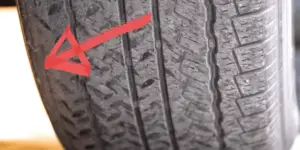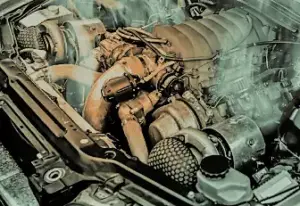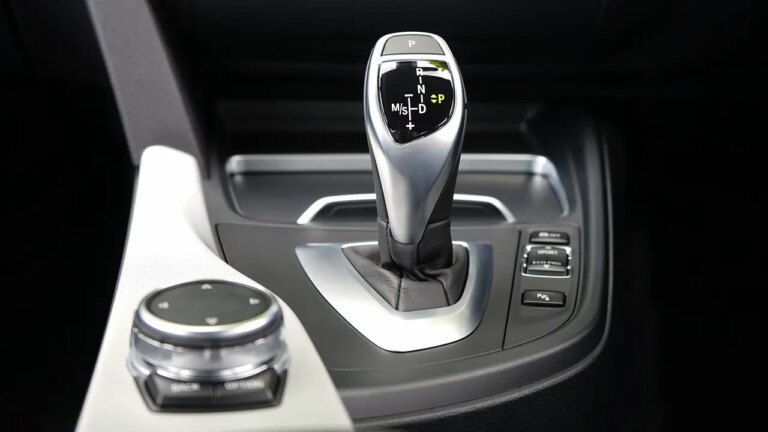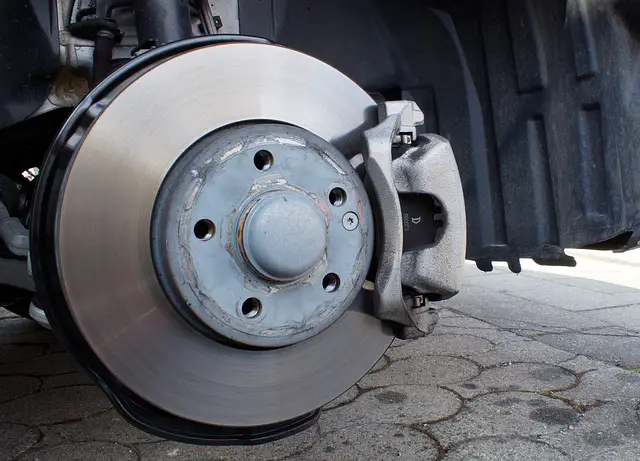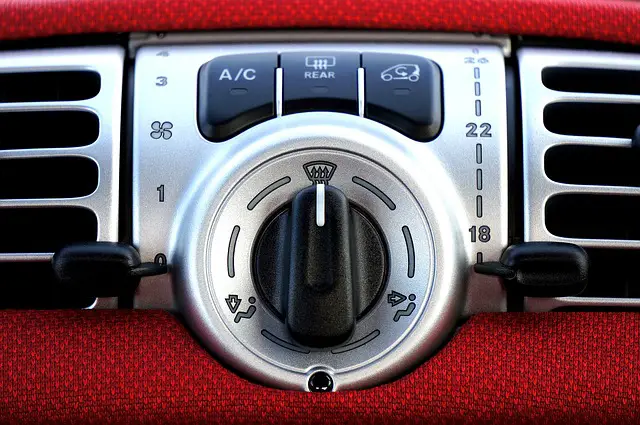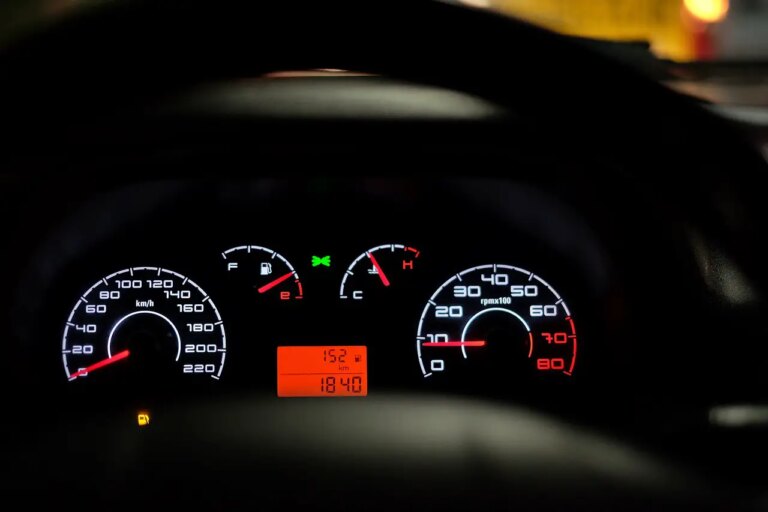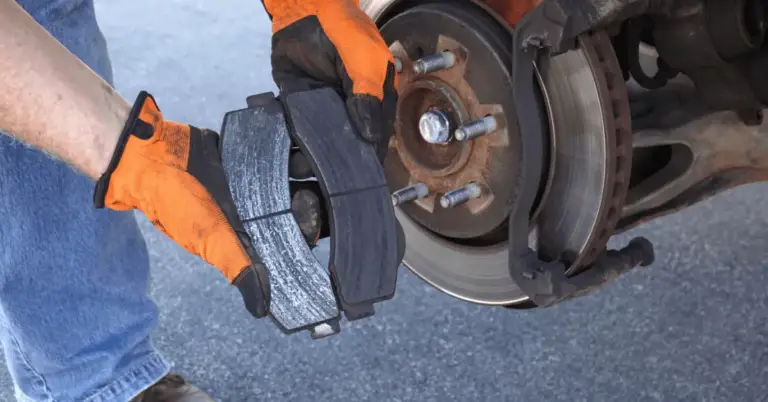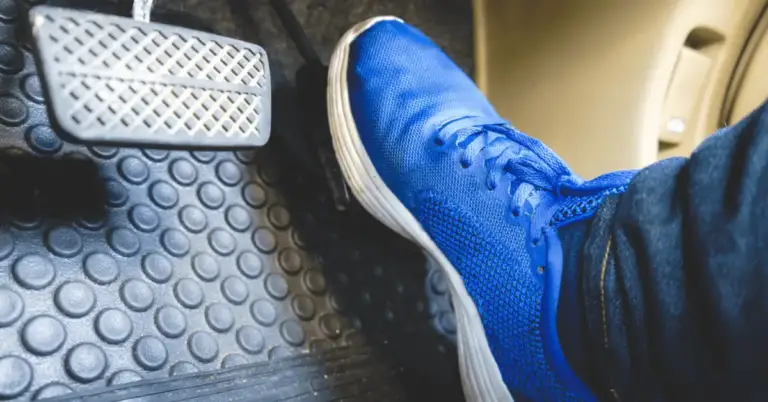Great question! Either you’re just curious or thinking of replacing your old tires and are looking to save money.
New tire prices are high, so it makes sense to look at ways to cut back on costs.
Used tire shops get their tires from four places.
Insurance companies of totaled cars, new tire shops, salvage yards, and used car dealerships.
Let’s look at each in more detail.
Car Insurance Companies
Car insurance is a multi-billion dollar business but also ultra-competitive. With over 5 million car crashes each year in the U.S.many older cars and quite a few newer ones involved in more serious accidents are totaled.
Car insurance profit margins are skinny, so any money insurance companies can recoup from a damaged vehicle, they will.
It’s not just cars involved in accidents; many cars are totaled because of ‘acts of god’ such as wildfires and weather events such as flooding.
These totaled cars are recycled as much as possible. Not only does this make economic sense but also from a branding perspective. There’s not a company out there that wants to be seen as non-eco-friendly.
In floods, often, the interior cannot be salvaged and made good. Engines can become hydrolocked and electrical wiring corroded. Often in an accident, the bodywork will be damaged beyond repair.
There is one material used in a car that is water resistant and also can bounce back in a collision and that’s rubber.
Most larger car insurance companies will sell their totaled car tires with the car to a salvage yard. It’s easier than separating the tires from the car and selling the tires themselves.
However, smaller insurance companies often remove the tires and sell them through a used tire shop.
New Tire Shops
Have you ever reviewed the paperwork from a car shop when you get new tires fitted?
Apart from the cost of the new tire, you’ll see a few added items. The first will be a valve stem for a couple of dollars. Tire balancing is always added, and finally, tire disposal costs.
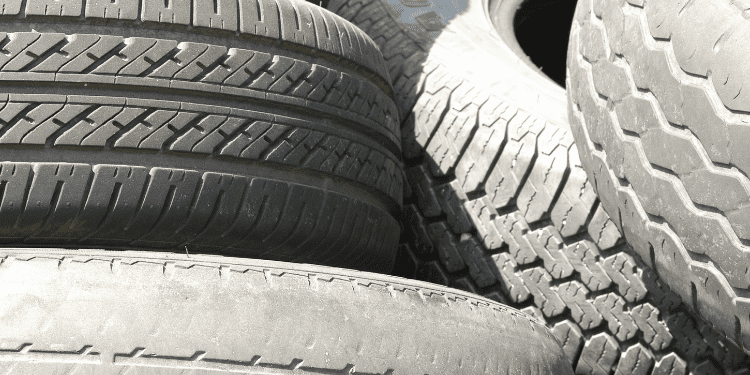
The tire disposal fee you’re charged depends on what company you get to replace your tires and what state you live in.
For instance, Tirebuyer adds $3 in Arizona but only 25c in Indiana. A complete list is available here.
The thing is, you’ll pay this fee whether your car tire(s) gets disposed of in a landfill, recycled, or sold.
Many tires are not fit to be resold, so they get collected and, for the most part, recycled. Car tires will never degrade in a landfill, although that was the preferred way of disposal until some 30 years ago.
Most are now recycled into other rubber products like playground surfaces or pavements.
An even better use of used tires is to get them back on the road again on a different car. People get their tires changed at different points of the tire’s lifecycle. Some wait until they see a bald patch on the tire.
Others don’t like the tread getting below a certain level and will get new tires when their old ones are still perfectly legal and have thousands of miles of tread left on them.
These tires are often sold – or given away – to used tire shops.
Many new tire shops will slash the tires they consider unroadworthy to make sure they can’t be used again.
The last thing any business needs is a lawsuit, and if a tire they were meant to dispose of ended up on the road and was a factor in a serious accident, they may be liable.
Salvage Yards
Most totaled cars end up in a salvage yard. Here all the good working parts are removed and sold as spares to the public.
Many salvage yards have an agreement with used tire shops that visit once a week and take away all the tires they feel are roadworthy.
It’s a great business arrangement as the salvage yard gets regular income, and the tire shop gets a regular supply of used tires.
Some salvage yards sell the tires, but this is becoming less common. Most don’t want the hassle and worry of choosing which tires are still roadworthy and would rather let a business that specializes in just tires take the risk and profit.
If an alternator they buy fails, it’s not life threatening, but a tire blowing out at 60 mph is another thing.
Salvage yards sell tires to used tire shops for up to $5. This saves on the State disposal fee too.
Car Dealerships
Car dealerships make a lot of their profit from accepting trade-in vehicles -at trade-in prices- in part as payment for selling a car to a customer.
These cars are then cleaned up, repaired if needed, and put back up for sale by the dealer. Dealers know that a new shiny set of tires looks great on a car. Most customers aren’t mechanically minded, so that they wouldn’t notice less visually expensive repairs under the hood.
New tires indicate to prospective buyers that the car has been looked after and is safe. The car must be good if the tires are nice, new, and painted. This is why adding new tires to an old car is a cost-effective way of adding value and getting a good price.
It’s rare for a car dealership to have a side hustle selling used tires. Also, they are unlikely to spend more than they have to on tires and don’t get new tires fitted at a tire shop. They buy new tires themselves at trade prices and fit them themselves instead.
The old tires are then collected by a used tire shop and sold if they’re still good.
Are Used Tires Safe?
This is a very difficult question to answer. It really depends on how well the tires have been inspected before being put up for sale. The good news is that there is no shortage of used tires, so there is little need for a used car shop to risk selling a bad tire when they can buy them so cheaply.
With that being said, there is no service history with tires. You won’t know if the tire was on a car involved in an accident, a flood, or a fire.
Here’s a useful checklist of what to look out for before committing to buying a used tire. Check halfway down the page.
It’s recommended that tires should be scrapped/recycled after ten years whether they have been used or not.
On a tire, the last four digits after the DOT represent the week of tire manufacture and the year.
For instance, 1619 would represent a tire that was made in the 16th week of the year 2019
Can Tires Be Put On Backwards – Yes and No
How Much Should I Pay For A Used Tire?
Never pay more than 50% of the cost of an equivalent new tire. Plenty of used car shops compete with each other, so there is no need to pay more.
Don’t be shy about asking to look at the tires before you agree to have them fitted. As they are used, they will all be different.
Some will be budget brands, others more well-known ones. Tread depth will differ too.
Buying Used Winter Tires
Here is where some of the biggest savings can be had. If you know you’ll need winter tires, visit a used tire shop in the spring. It’s common for drivers not to want their winter tires back when they swap over to summer ones, even if ample tread is left.
Tire shops can be inundated with winter tires as a result. Used car shops will take them but know they’ll have these tires sitting around for six months. If you come along and make a low offer to grab a good set of four, it’s likely to be accepted.
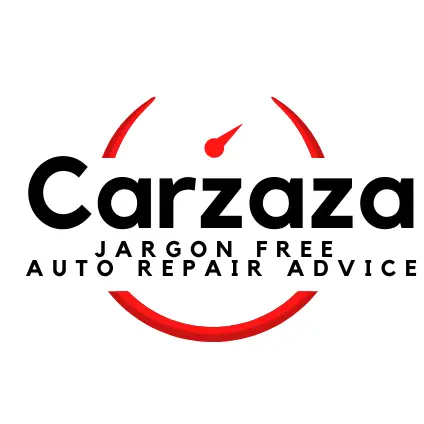


![Is It Cheaper To Buy All 4 Tires At Once? [ANSWERED IN FULL] sun-causes-tires-to-dry-out](https://carzaza.com/wp-content/uploads/2023/12/sun-causes-tires-to-dry-out-300x150.png)
